Earth day 2021: LIS network organizations working for a sustainable future

At LIS, we put problems at the centre of our educational experience. Our mission is to prepare students to tackle some of the most complex issues we face today, including environmental concerns like climate change, plastic pollution, or the loss of biodiversity.
Through the LIS Network, we also provide students with access and opportunities to engage with a growing and active community of employers and organisations working to tackle some of these challenges within their fields.
To celebrate Earth Day, we’re highlighting a few LIS Network organisations who are working towards a more sustainable future for our planet:
Winnow
Food waste costs the hospitality industry over $100bn annually. Kitchens can waste up to 20% of food purchased, often equivalent to their total net profits. Winnow solutions is developing technology to help restaurants measure and manage their waste. Winnow works in commercial kitchens by capturing the appearance and weight of items being thrown away. What gets measured gets managed, and by using data intelligently kitchens can be made more efficient. Winnow develops technology to help chefs achieve greater visibility in their kitchens and make better decisions that lead to reduced food waste and costs.
Olio
Food production is the biggest contributor to climate change, but 1/3 of all food is wasted.
Olio is reshaping the UK food system by connecting millions of people giving away food & other household items.
The free sharing app connects neighbours with each other and with local businesses so surplus food can be shared, not thrown away. This could be food nearing its sell-by date in local stores, spare home-grown vegetables, bread from your baker, or the groceries in your fridge when you go away.
In September 2020, Tesco and Olio announced a new partnership to reduce food waste across multiple Tesco locations, a huge step in the right direction to reduce food waste at the consumer level.
Toast Ale
Food production is the biggest contributor to climate change and biodiversity loss, with about half of the world’s habitable land used for agriculture.
Toast Ale is an award-winning craft beer brewed with surplus fresh bread that would otherwise be wasted. By using surplus bread to replace virgin barley, Toast ale use less land, water and energy, and avoid carbon emissions. Beyond brewing beer, they engage people in conversation to encourage positive action for the planet.
By giving all profits to charity instead of shareholders, Toast Ale also fund systemic change to fix the food system.
Ellen MacArthur Foundation
According to the Ellen MacArtur Foundation, “A circular economy is a systemic approach to economic development designed to benefit businesses, society, and the environment. In contrast to the ‘take-make-waste’ linear model, a circular economy is regenerative by design and aims to gradually decouple growth from the consumption of finite resources.”
The Ellen MacArthur Foundation develops and promotes the idea of a circular economy, working with, and inspiring, business, academia, policymakers, and institutions to mobilise systems solutions at scale, globally.
LIS has recently signed the Ellen Macarthur Foundation Direction of Travel statement for London’s higher education institutions, which aims to unite London’s higher education institutions and sets out circular economy targets for the next five years. This is an important step towards London’s zero-carbon by 2050 goals.
LIS Network organisations play a meaningful role in supporting students throughout their academic and professional development during their time at LIS, by sharing their experiences and offering their insights into a specific field or problem.
To learn more about the LIS Network or join as a business or organisation, visit the LIS Network page.
Share this story
Sign up for our newsletter
Don't miss out on important updates including course information, new announcements, Open Day dates and the latest LIS news.

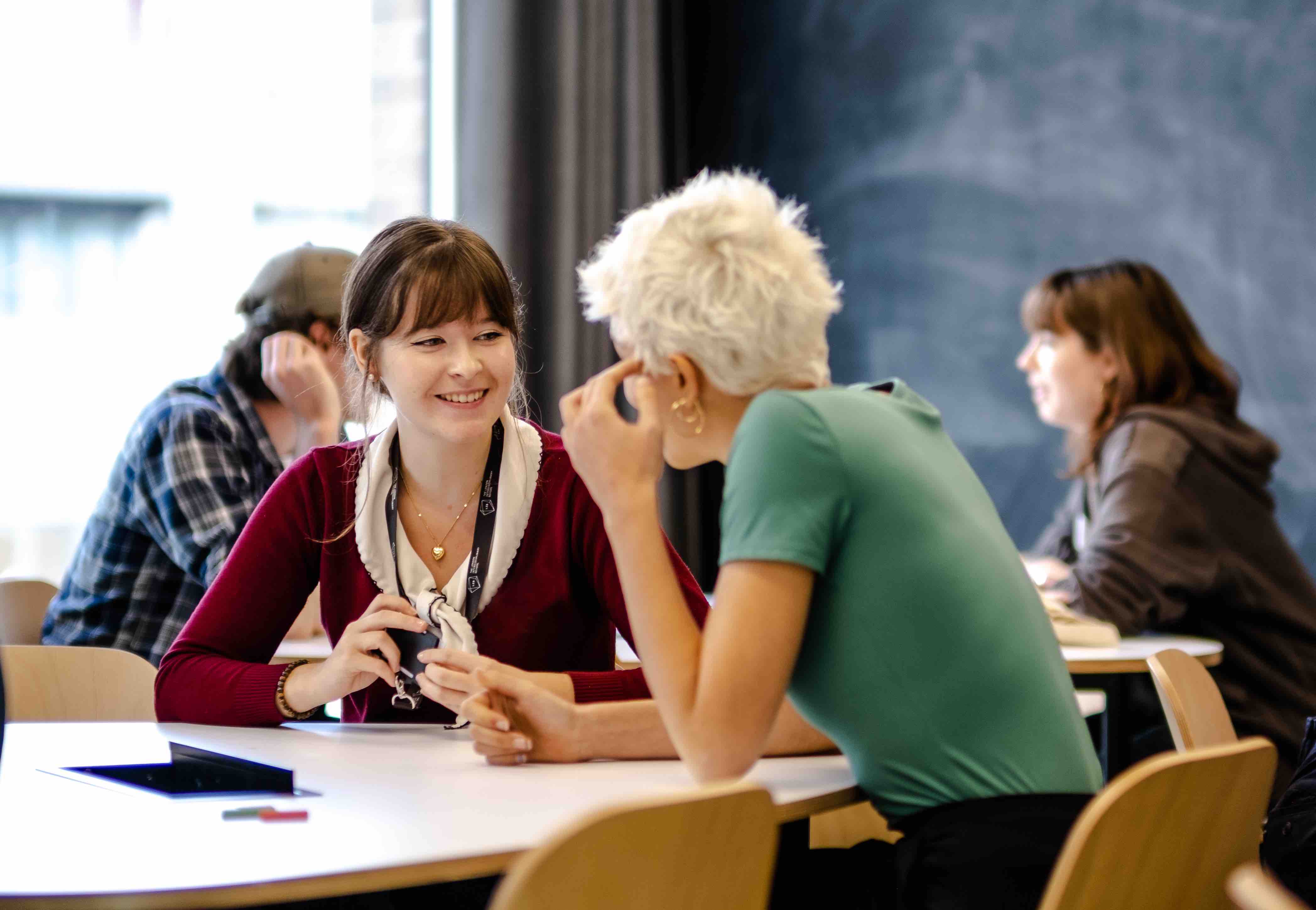



































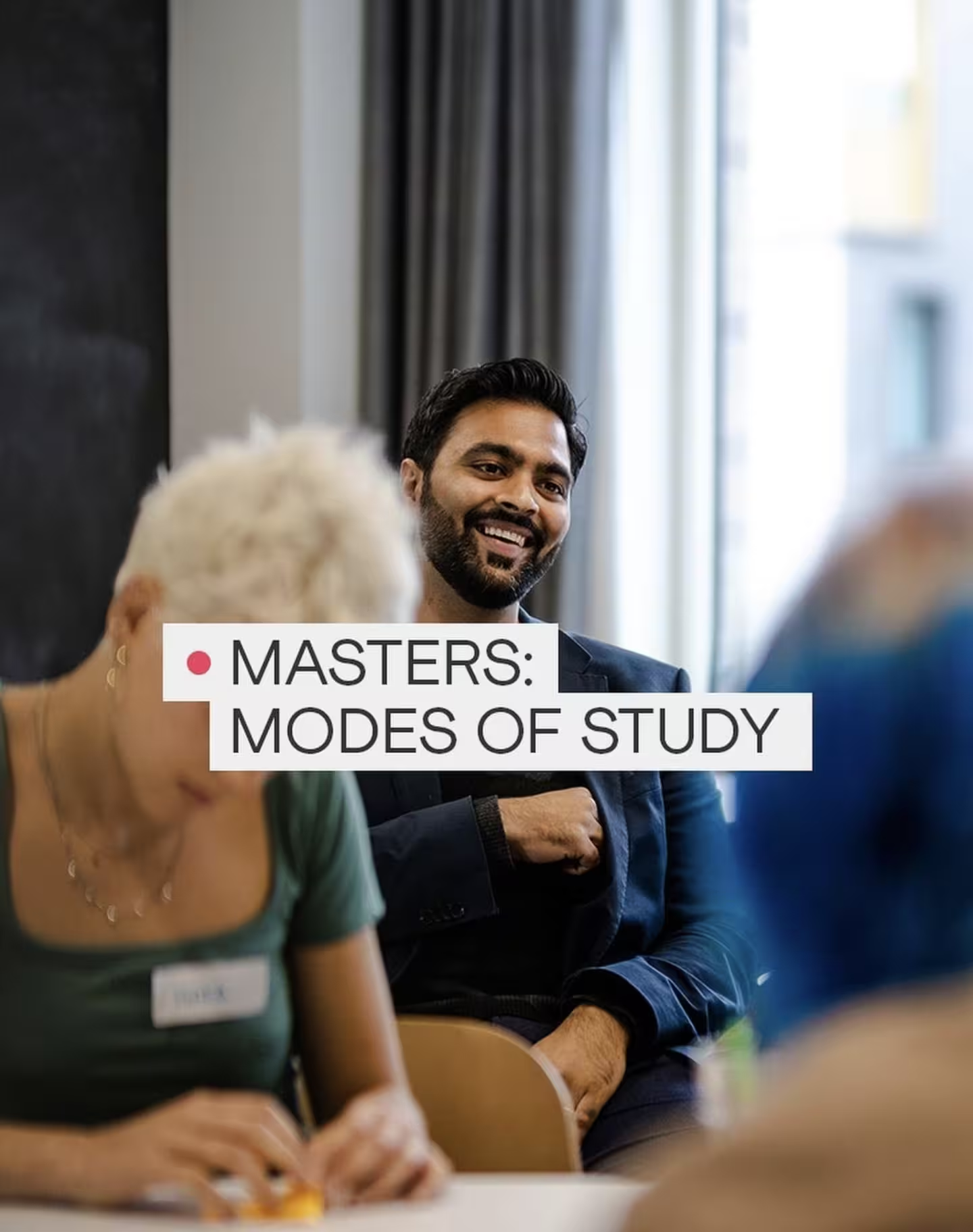
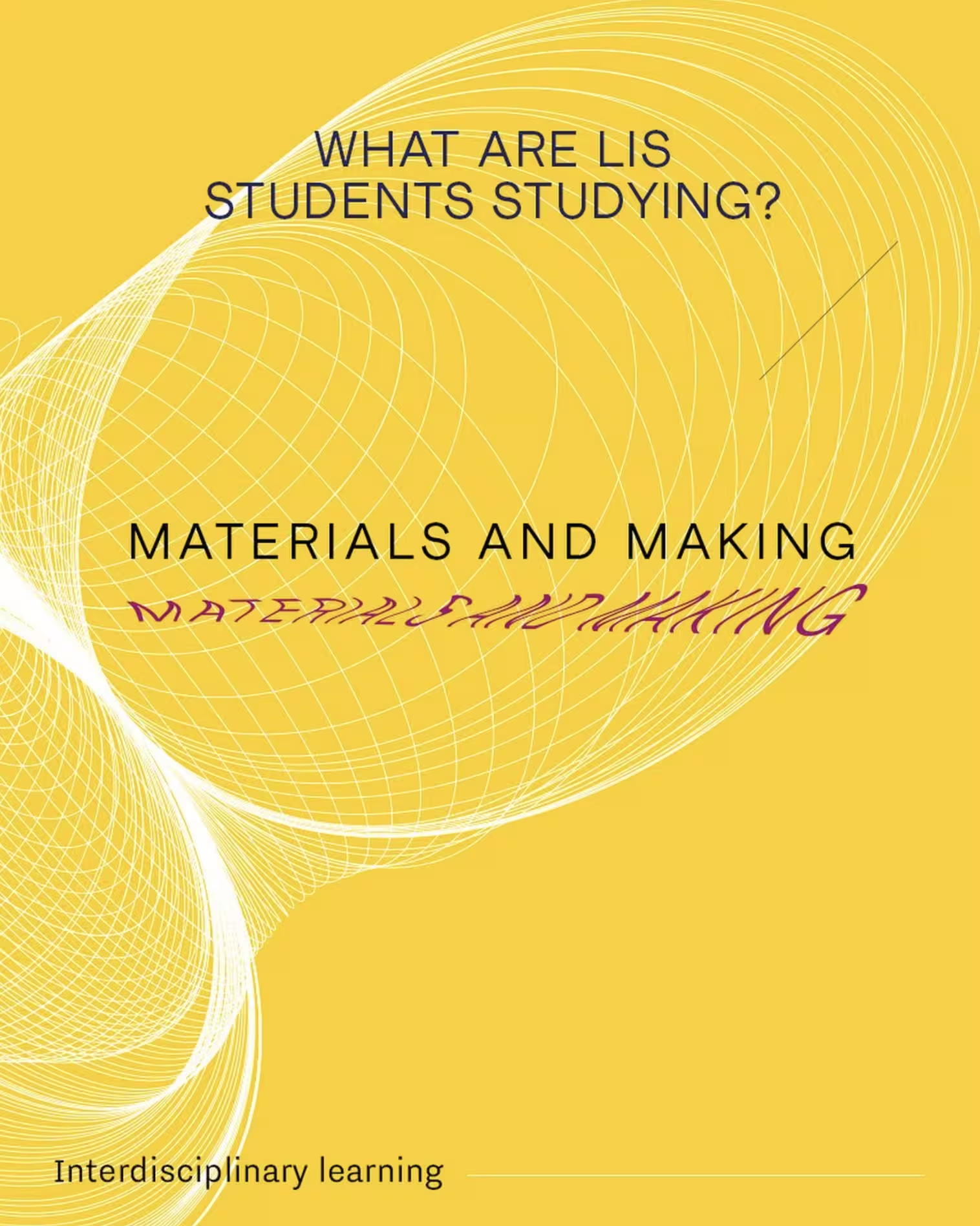
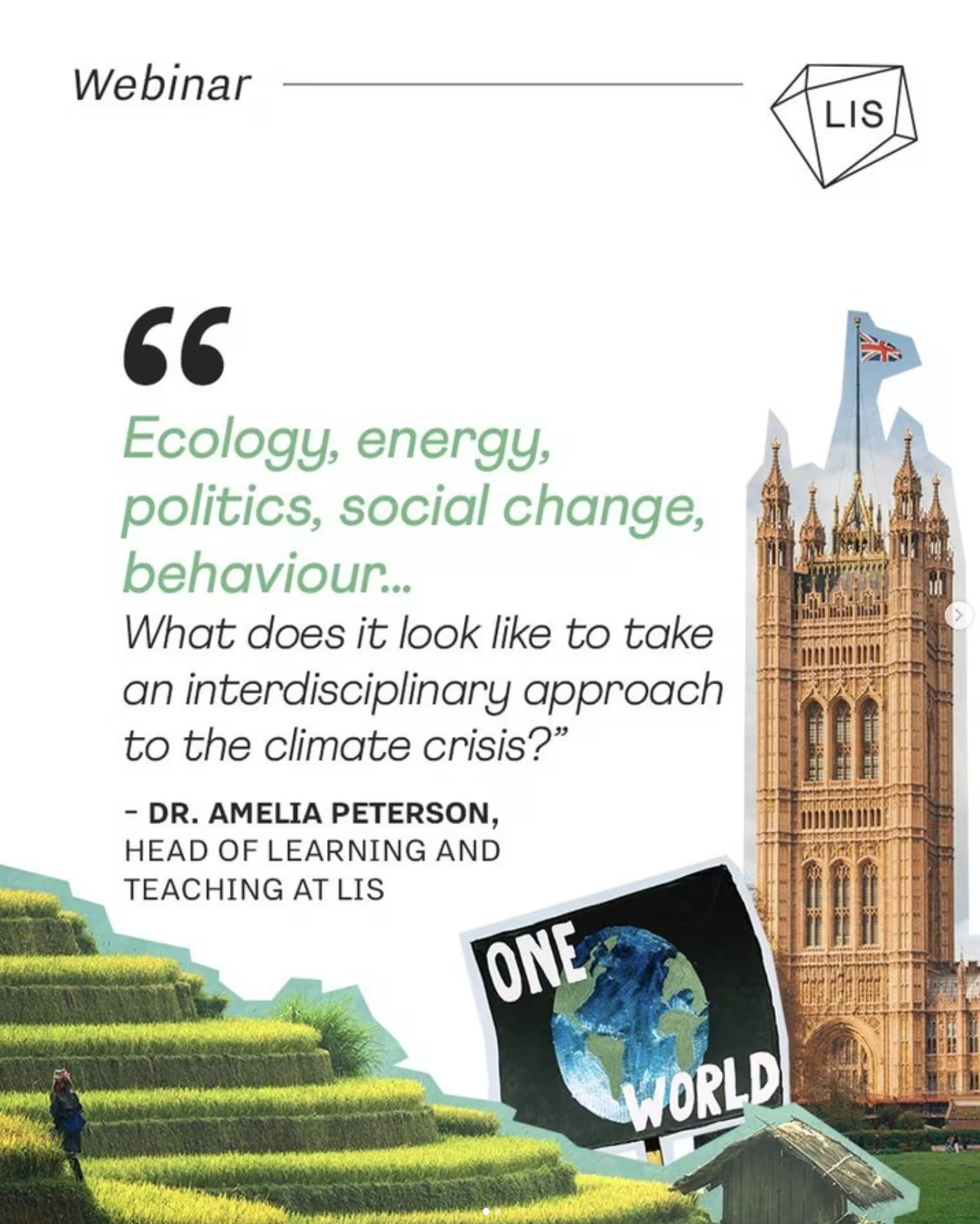






.svg)

.svg)
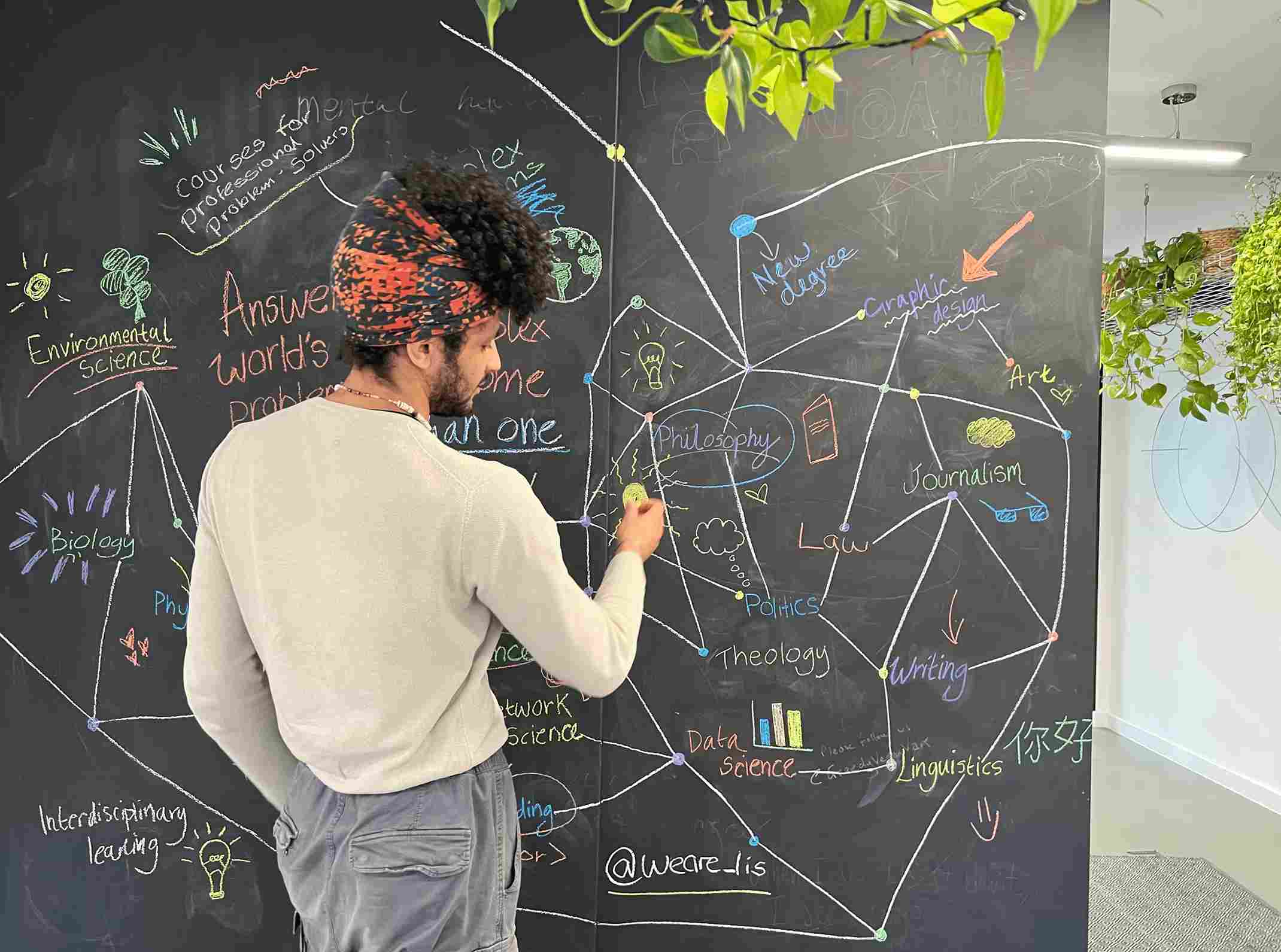
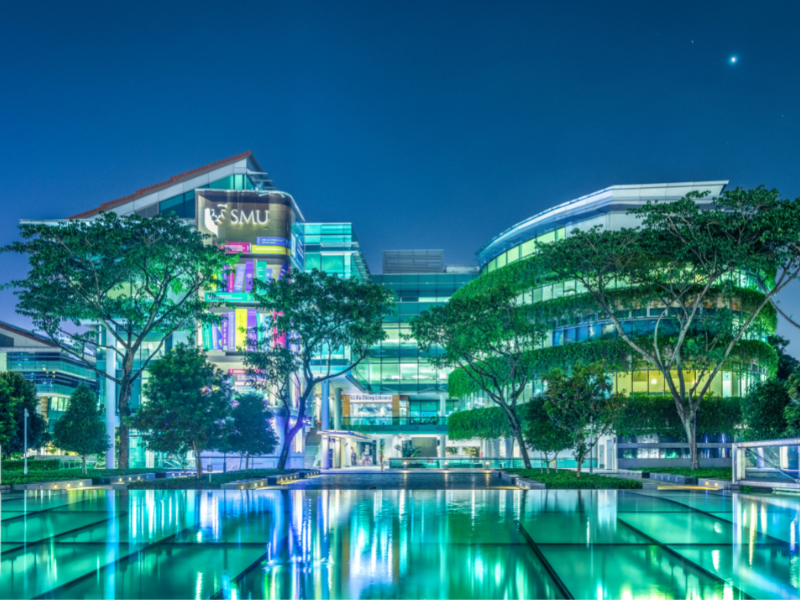





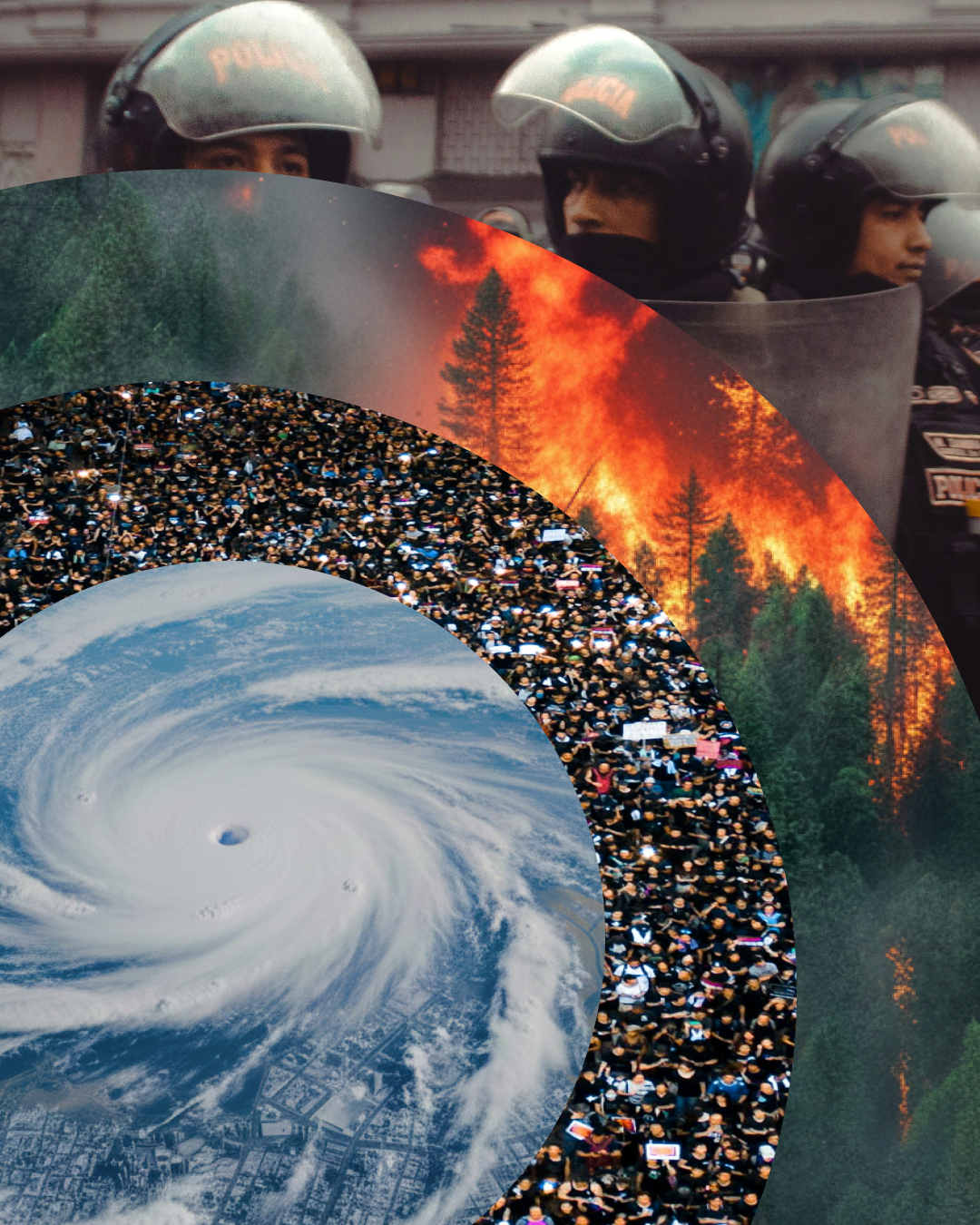
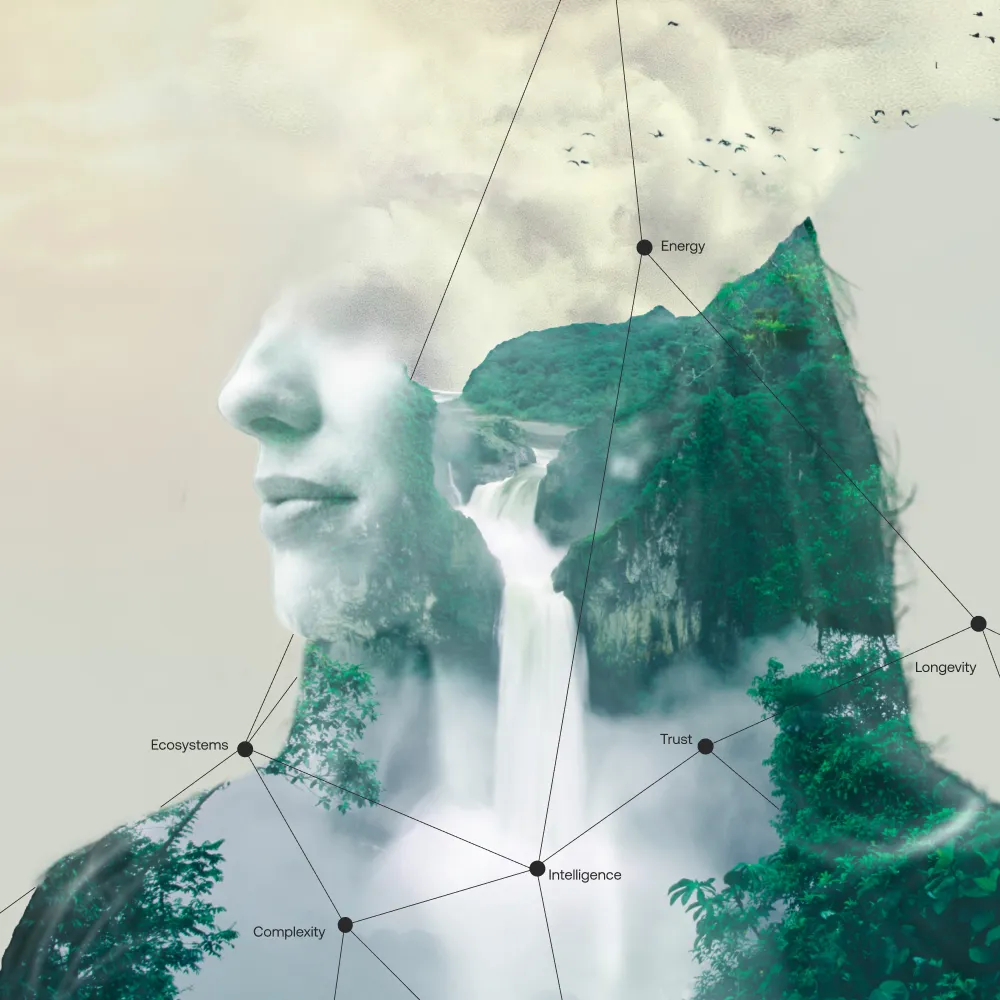
.webp)
This is a comment related to the post above. It was submitted in a form, formatted by Make, and then approved by an admin. After getting approved, it was sent to Webflow and stored in a rich text field.